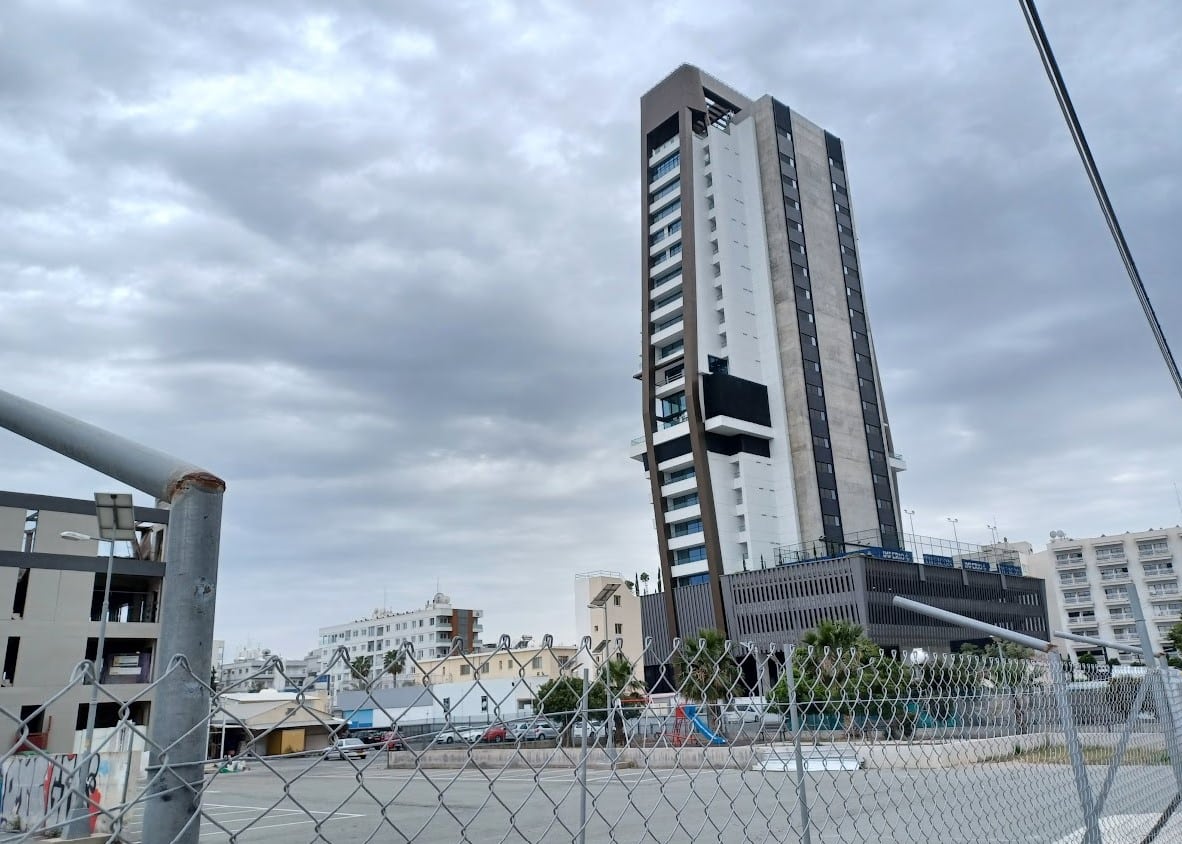Chairman of the Cyprus Property Developers Association Υiannis Misirlis on Wednesday praised the contribution of the real estate sector to the economy, and defended it from sweeping allegations of bad practices.
In an interview with InBusinessNews, Υiannis Misirlis, he mentioned that the real estate and construction sector continues to be a cornerstone of the Cypriot economy, contributing nearly 15 per cent of GDP and employing over 40,000 people across the island.
Moreover, he described the criticism levelled at the industry over isolated incidents as “unfair and indiscriminate”.
He stressed that any illegal practices must be punished decisively. “Those who break the law must face the consequences, without tolerance,” Misirlis said.
He added that the vast majority of companies operate responsibly and are subject to strict regulatory frameworks.
Misirlis also mentioned that despite prevailing challenges, the sector continues to exhibit strong momentum.
According to data from the Department of Lands and Surveys, the number of property sales documents filed across Cyprus in the first quarter of 2025 increased by 15 per cent compared to the same period in 2024.
Larnaca recorded the most significant growth at 26 per cent, followed by Nicosia and Limassol with 15 per cent each, Paphos with 7 per cent, and Famagusta with 4 per cent.
Misirlis said this growth reflects a “solid upward trend,” driven by both domestic and international interest, especially in high-specification, energy-efficient homes and mixed-use developments that prioritise sustainability and lifestyle quality.
“The real estate market remains a stable investment choice,” he noted. “In times of global uncertainty, investors turn to more secure environments—and Cyprus offers exactly that.”
However, he cautioned against complacency. “The international environment is volatile. We’re seeing a new trade war unfold, with the US imposing fresh tariffs. These global developments could have knock-on effects on all economies, including Cyprus.”
He also noted that cChallenges persist within the sector. These include a shortage of skilled labour, delays in urban planning approvals, and the need to align with EU green transition goals.
The government’s recent decision to extend fast-track planning permissions for low- and medium-risk developments—with a 40-day approval time—is viewed as a step in the right direction.
However, Misirlis argued that a comprehensive solution is still needed for large-scale projects.
On the housing front, affordability remains a key issue. Home prices declined by 1 per cent in Q4 2024—the sharpest drop since 2022—while rents rose by 4.6 per cent over the year.
Misirlis expects this to ease in 2025, as new projects enter the market.
“We must increase the housing supply through smart incentives and public-private collaboration,” he said.
Misirlis stressed that “housing is a fundamental human right and a pillar of social cohesion”.
In this context, he called for practical measures to ensure access to decent, affordable housing for all citizens.
“Our sector has repeatedly demonstrated its contribution to the Cypriot economy,” Misirlis said.
“We will continue to support efforts to strengthen transparency, competitiveness, and sustainability,” he added.






Click here to change your cookie preferences